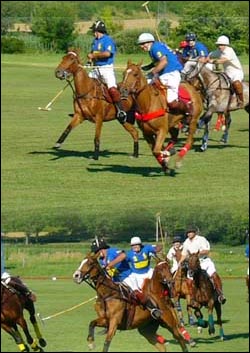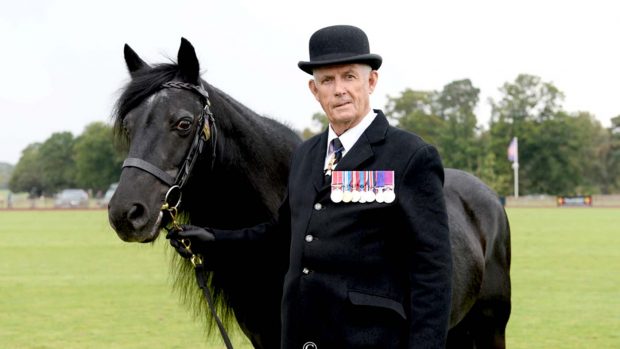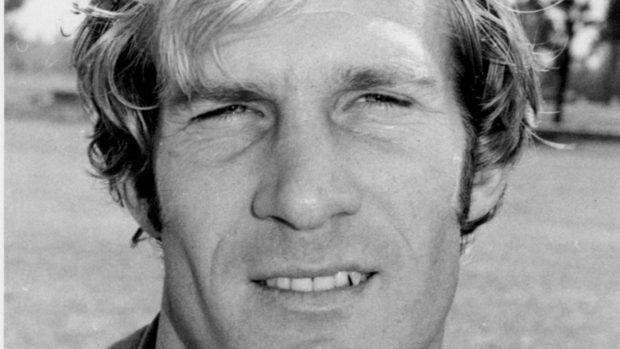Henry Brett made up for England’s humiliating defeat in the Cartier International against Chile last weekend by leading his Williamson Tea-sponsored team to a nail-biting victory in the Netjets British Polo Championship final this weekend.
The Audi team, captained by Roddy Williams, launched an immediate attack, moving into a fast and furious early lead, but surrender isn’t in the nature of polo, and a struggling Williamson team took up the gauntlet.
With the season’s major tournaments mostly over, players were able to devote more than at the semi-finals at the beginning of July, when they were saving their best ponies and their competitive energy for the Gold Cup, among other competitions. Saturday’s match turned into a serious battle of the Titans, unresolved at 6-6 as the final whistle blew.
Williamson Tea drew on their resources in extra time to hammer the ball between the posts with a winning goal, much to the delight of their sponsors.
There has been a good deal of enthusiasm for this new tournament, in spite of the difficulties of fitting it into an already chock-a-block season. Star England player Luke Tomlinson commenting in H&H that he hopes that “this level of polo, which started here with the Argentine Club Cup, somehow finds its slot”.
Polo develops on Eastern front
Polish magnate Marek Dochnal burst onto the polo scene at the beginning of this year with his own Larchmont Capital team, which has been a feature of most of the major summer tournaments, as well as appearing in the Cartier Polo World Cup on Snow finals in St Moritz last January.

But it seems that the game of polo is extending its hold over Eastern Europe, and is currently enjoying a renaissance in Hungary (picturred) after years of being disallowed. The sport of princes was first introduced to the capital of Hungary, Buda (now Budapest) in 1896 although it was virtually eradicated in the country under Communist rule during the latter half of the last century.
In the 1920s, polo ponies began to be recognised as a superior breed, and were even bred to type for the Hungarian Cavalry, as they were easier to handle in battle. The game developed in the country to such an extent in the country that they were able to field an Olympic team in Berlin, 1936, beating the hosts, and a Hungarian team won the European Championship three years later.
The Budapest Polo Club was re-established four years ago, with a new pitch added in 2003. Chukkas are played three times a week and more and more major tournaments are scheduled, with increasing international participation. There is also ample opportunity for riders and non-riders to learn polo in the exclusive spot.




